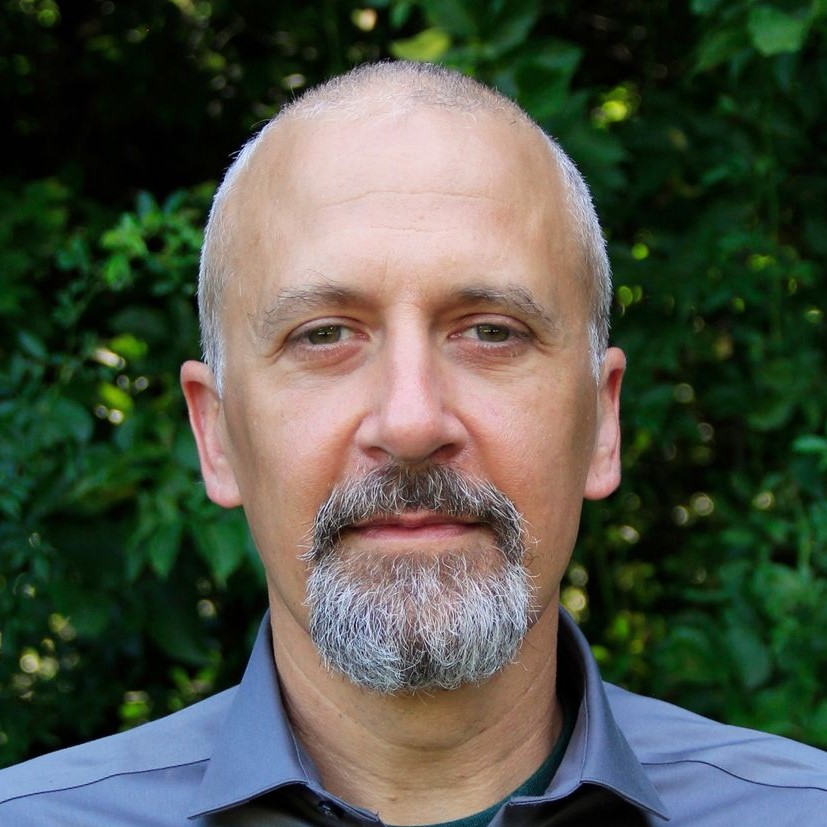Three essays in Science aim to take concerns seriously and constructively
Solar geoengineering research is not dormant, but it has been advancing much more slowly than one might expect given its potential to reduce climate change and the continued insufficiency of greenhouse gas emissions reductions. Annual spending on solar geoengineering research remains only ~20 million US dollars, or about 0.04% of climate change spending. The reason for this paucity is multiple concerns with strong rhetorical appeal–especially among environmentalists and progressives–but of varying degrees of seriousness and coherence.
Three essays in today’s issue of Science each propose how to advance research while taking objections seriously. First, 21 authors, led by Joe Aldy, Tyler Felgenhauer, Billy Pizer, and Max Tavoni and including me, point to the importance of social science research to improve understanding of these and more. We suggest three priority areas: the costs, benefits, risks, and uncertainty of solar geoengineering; its potential role in a portfolio of multiple responses (i.e. emissions reduction, carbon dioxide removal, adaptation, and solar geoengineering) to climate change; and the political economy of any deployment. The last of these is what particularly interests me. How might individual countries coordinate–or not–their solar geoengineering activities, some of which may have localized objectives? What countermeasures might countries that object to others’ solar geoengineering take, and what might the political repercussions be? Could a “club” of several countries manage and govern solar geoengineering reasonably well? Can countries with the capacity to use solar geoengineering mutually agree to restrain themselves from doing so? Through all this, developing countries’ involvement and interests are key:
The evolution of SG social science research should also engage scholars from around the world. The consideration of the justice implications of climate policy can be richer and more credible through a more inclusive approach in undertaking research and the production of evidence. Considering the potential for climate change and SG to have substantial impacts on developing countries, the next generation of SG research should integrate existing scholars and contribute to the training of new scholars in developing countries.
Second, David Keith suggests that a taxonomy of concerns regarding solar geoengineering, which could enable disagreement to contribute more to better understanding and decision-making. To this end, he proposes four top-level categories:
- Physical harms of benevolent deployment, such as unwanted climatic side-effects
- Injustice, including undermining emissions reduction and distributive injustices
- Conflict, which could be the exacerbation of exiting conflict of actual malevolent solar geoengineering
- Humanity and nature, capturing deeper concerns of the human-nature relationship
Implicitly connecting to the first essay (on which he was also a co-author), Keith notes that “Analysis of SG is oversupplied with generic normative claims about governance and undersupplied with detailed empirical research to understand the mental models of relevant groups.”
Finally, in an editorial, my recent colleague Ted Parson calls for considering both the risks of researching, and not researching, solar geoengineering. This is particularly important because, while “the concerns that motivate opposition to research are compelling,” these are “impossible to fully address, as they are framed in ways that make rejecting research an axiom, not a conclusion based on evidence.” Parson concludes:
Precaution is appropriate, even necessary. But precaution cannot selectively target risks from one climate response while ignoring its linkages to other responses and risks. Suppressing SG research is likely to make the harms and injustices that opponents fear more likely, not less.
